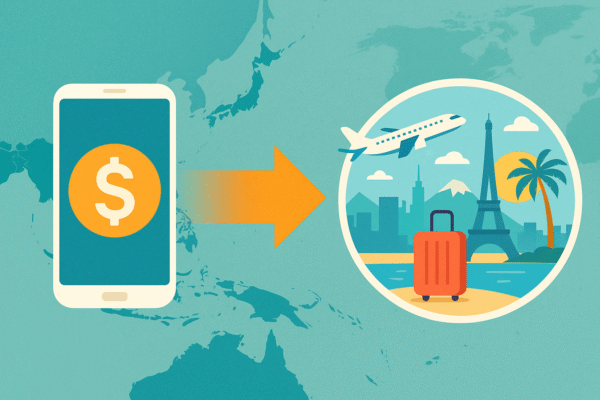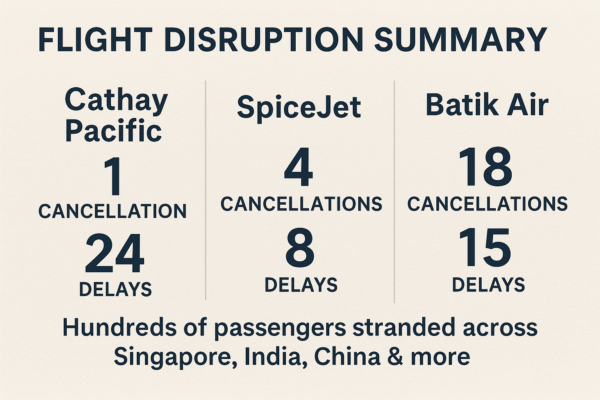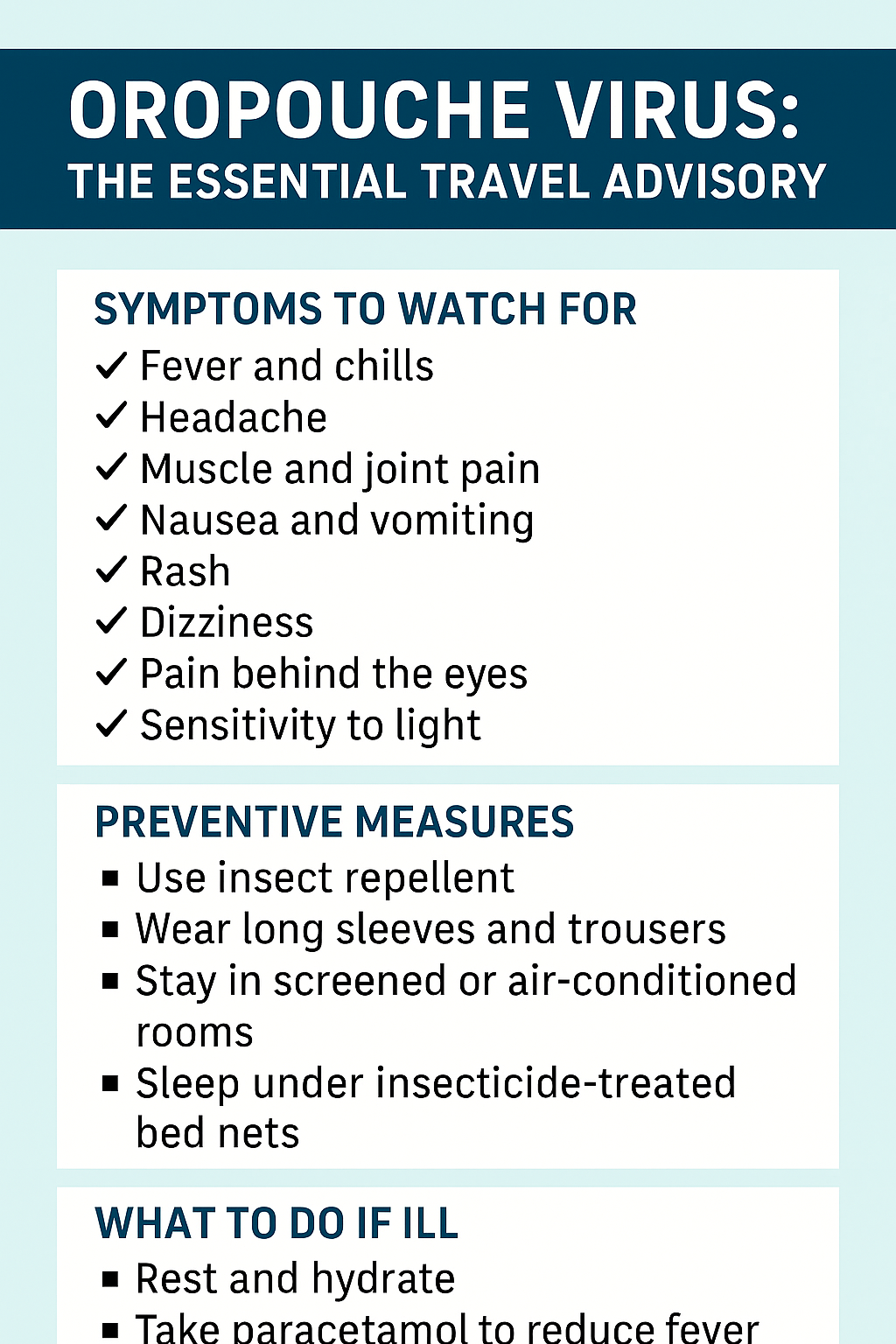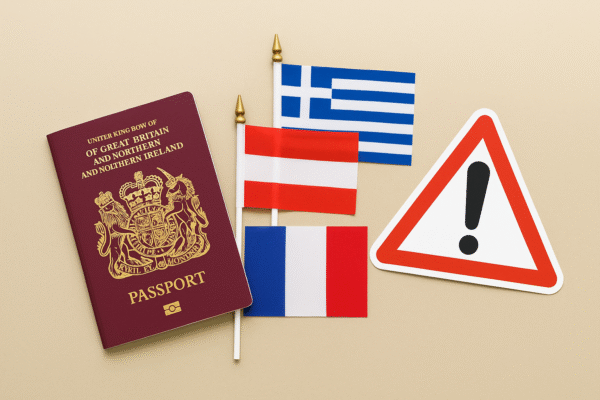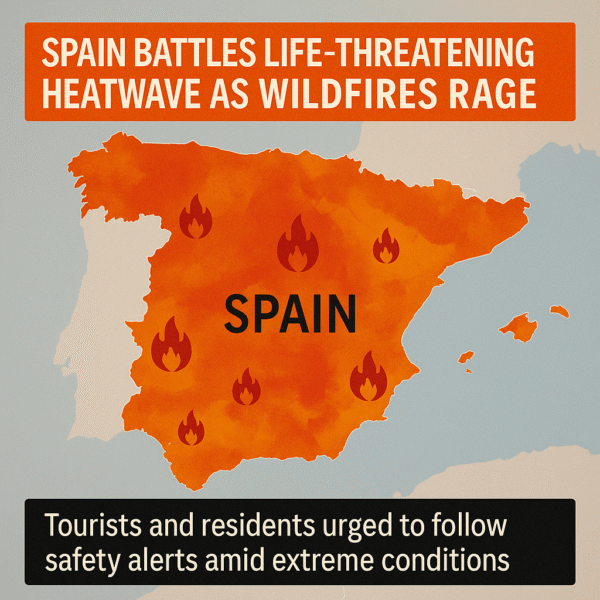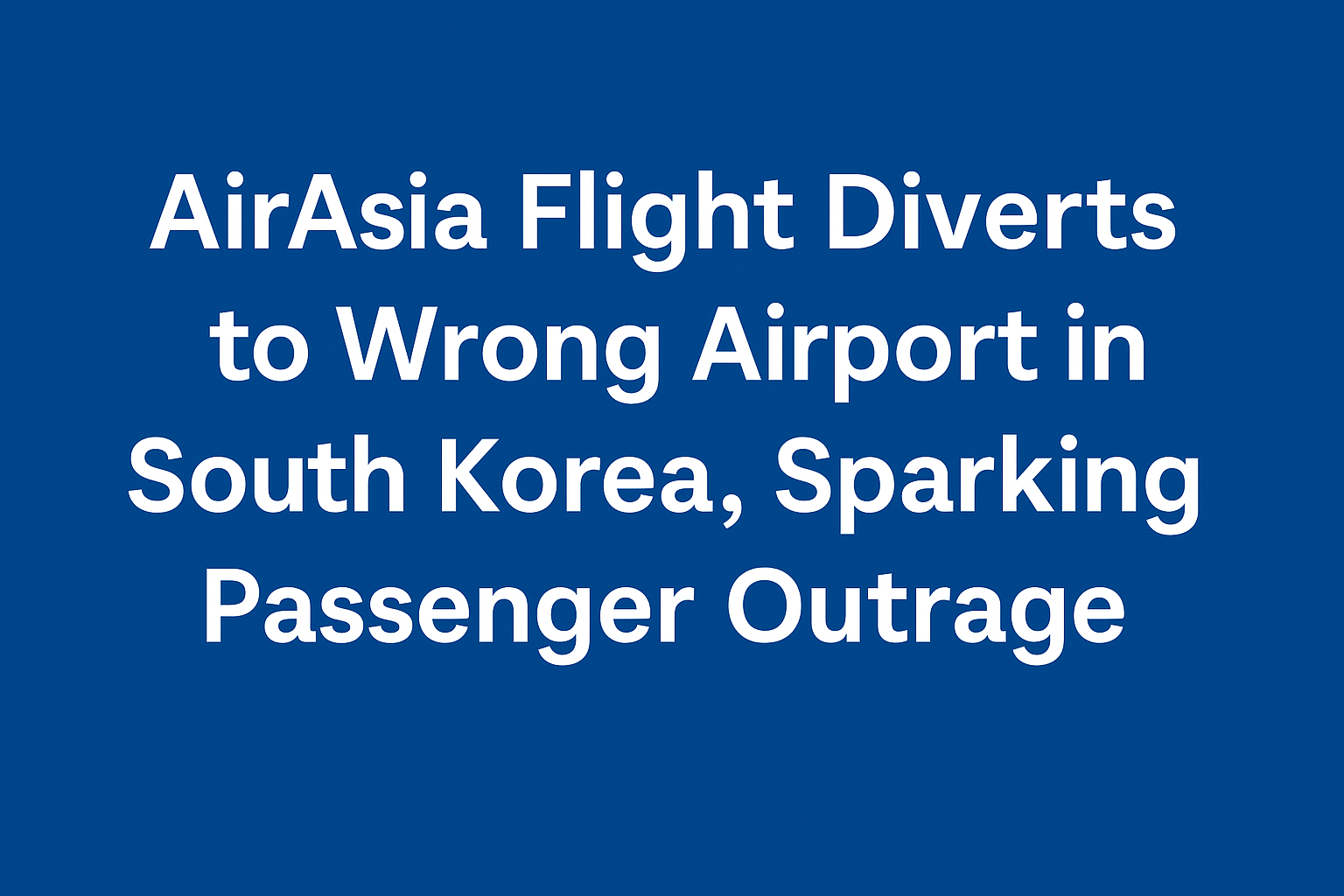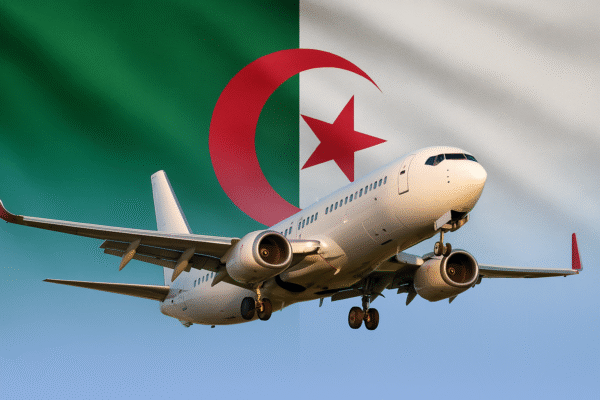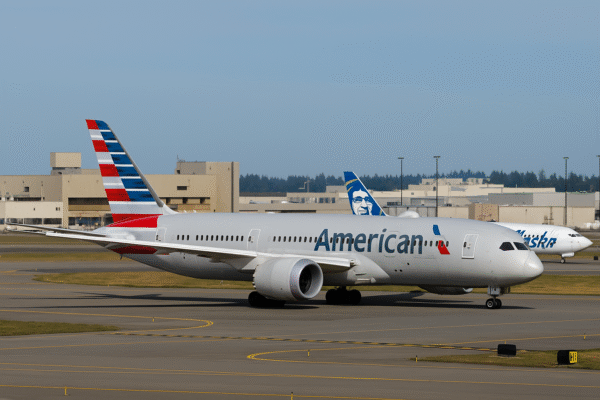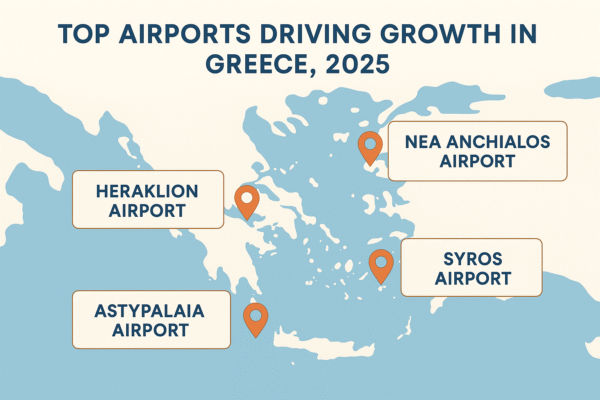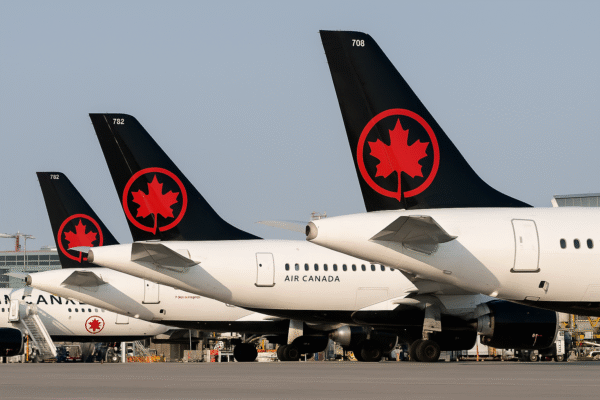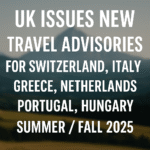Air Canada passengers are facing major disruptions as the airline prepares for potential strike action by its flight attendants. With more than 10,000 flight attendants represented by the Canadian Union of Public Employees (CUPE) threatening to walk out, the airline has already canceled hundreds of flights, raising concerns for domestic and international travelers during the peak summer 2025 tourism season.
The potential strike, expected to escalate by Saturday, August 16, 2025, could idle nearly the entire Air Canada network. This includes busy hubs such as Montreal, Toronto, Vancouver, and Calgary, and long-haul routes to the United States, Europe, and Asia.
Why the Strike is Happening
The conflict stems from months of stalled labor negotiations between Air Canada and CUPE. Flight attendants argue that their pay and working conditions have not kept pace with inflation or the demands of modern aviation.
Key Points of the Dispute:
- Air Canada’s proposal: a 38% salary increase over four years.
- Union demand: higher increases, citing rising costs of living.
- Ground work issue: attendants are not compensated for the time spent preparing flights and assisting passengers before boarding.
Union leaders have made clear that without a fair deal, a walkout is inevitable, leaving Canada’s largest carrier scrambling to mitigate travel chaos.
Scope of Cancellations
Air Canada operates over 430 daily flights. By Friday evening, the airline expects nearly 500 cancellations, with both domestic and transatlantic routes heavily affected.
Destinations hit hardest include:
- Canada: Montreal, Toronto, Vancouver, Calgary, Ottawa
- US Routes: New York, Chicago, Los Angeles, Miami
- International: London, Paris, Frankfurt, Tokyo
The cancellations are expected to rise sharply if the strike begins.
What This Means for Passengers
1. Notifications and Refunds
Air Canada is sending email and text alerts to affected passengers. Those whose flights are canceled can request a full refund directly through the airline’s website or mobile app.
2. Rebooking Options
- Travelers can rebook without fees for dates between August 21 and September 12, 2025.
- Limited seats are available on partner airlines, making early rebooking essential.
- Star Alliance partner United Airlines has stepped in, waiving rebooking fees for passengers stranded in Canada and the US.
3. Passenger Rights in Canada
Under Canadian Air Passenger Protection Regulations (APPR):
- Strikes are considered outside the airline’s control, meaning Air Canada is not required to cover meals or accommodation.
- The airline must, however, provide alternate travel options when possible.
Travelers are encouraged to keep receipts for extra expenses in case of potential compensation disputes later.
Global Ripple Effects
The strike isn’t just a Canadian problem—it affects global tourism. Many travelers use Air Canada for connections between Europe, the US, and Asia. With hubs like Toronto Pearson and Vancouver International among the busiest in North America, disruptions could spread across transatlantic and transpacific networks.
United Airlines and Lufthansa, both Star Alliance partners, are coordinating to support stranded passengers, but availability remains extremely limited due to peak summer travel demand.
Advice for Travelers
With uncertainty high, here’s what passengers should do:
- Check Flight Status Frequently: Use Air Canada’s app and website for live updates.
- Arrive Early at Airports: Longer wait times are expected at check-in and customer service desks.
- Book Alternatives Quickly: Consider train or bus services for domestic travel within Canada.
- Keep Travel Insurance Handy: Policies may help cover unexpected costs, especially for international travelers.
- Stay Flexible: Be prepared to shift itineraries or extend stays if flights are rescheduled.
Tourism Impact Across Canada
The timing of the strike is particularly damaging for Canada’s tourism sector, which relies heavily on Air Canada’s global reach. With international travelers arriving for summer festivals in Montreal, business conventions in Toronto, and adventure tourism in Vancouver and Calgary, disruptions risk significant economic fallout.
Canadian airports are already experiencing long security queues and baggage delays due to peak travel, and this strike could push the system into deeper disarray.
What Happens Next?
Talks between Air Canada and CUPE are ongoing, with federal mediators involved. However, insiders warn that even if a last-minute deal is struck, restoring normal operations could take up to a week.
If the strike moves forward, travelers should expect:
- Escalating cancellations into late August.
- Backlogs of rebooked passengers well into September.
- Higher demand for other airlines, driving up ticket prices across North America.
Final Word: Prepare, Stay Updated, and Be Flexible
Air Canada’s strike threat highlights the vulnerability of global air travel during peak tourism seasons. For passengers traveling between Canada, the US, and Europe this summer, the best strategy is to stay alert, plan alternatives, and remain flexible.
While the dispute underscores important labor rights for flight attendants, it also leaves millions of travelers caught in limbo. Until a resolution is reached, patience and preparation will be key for anyone flying with Air Canada in August 2025.
For more travel news like this, keep reading Global Travel Wire

